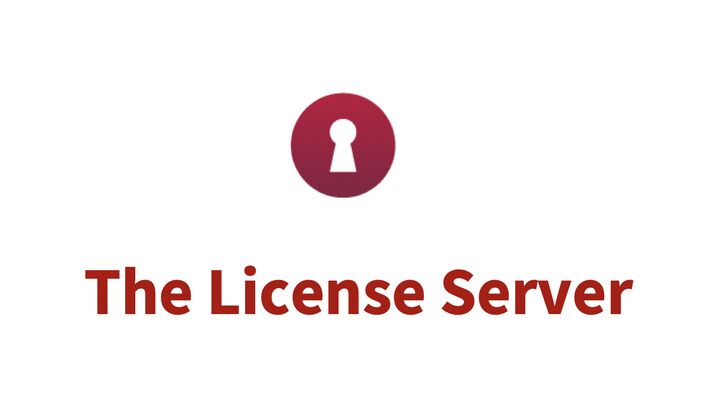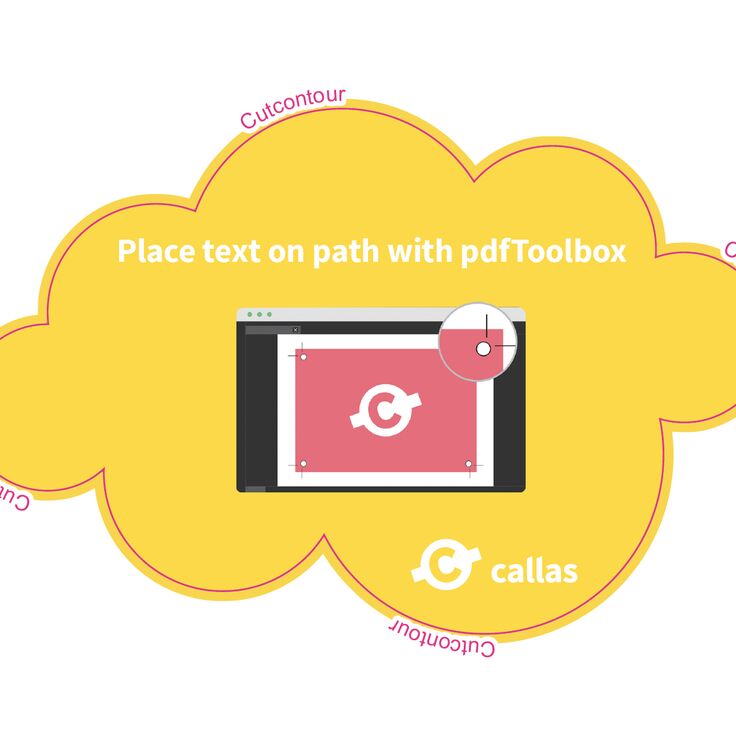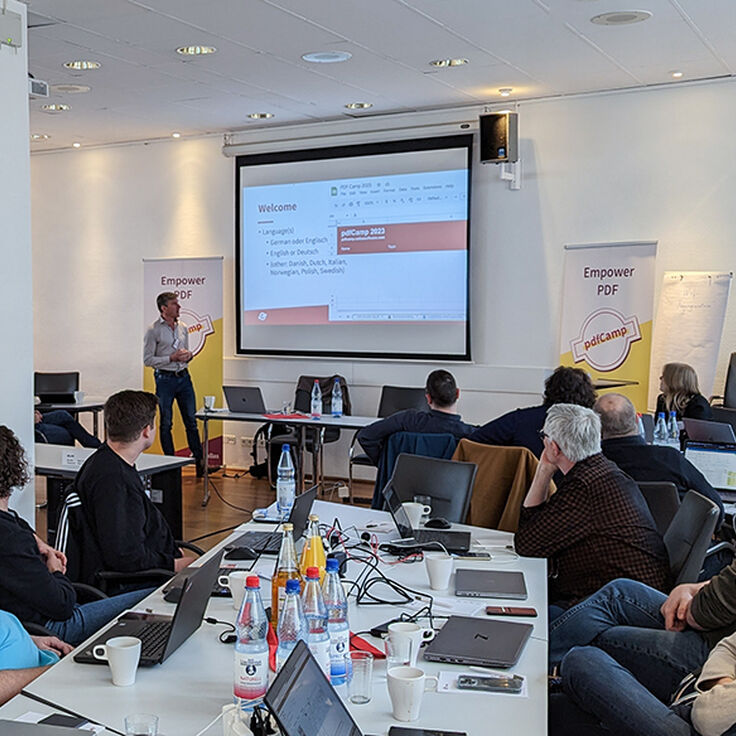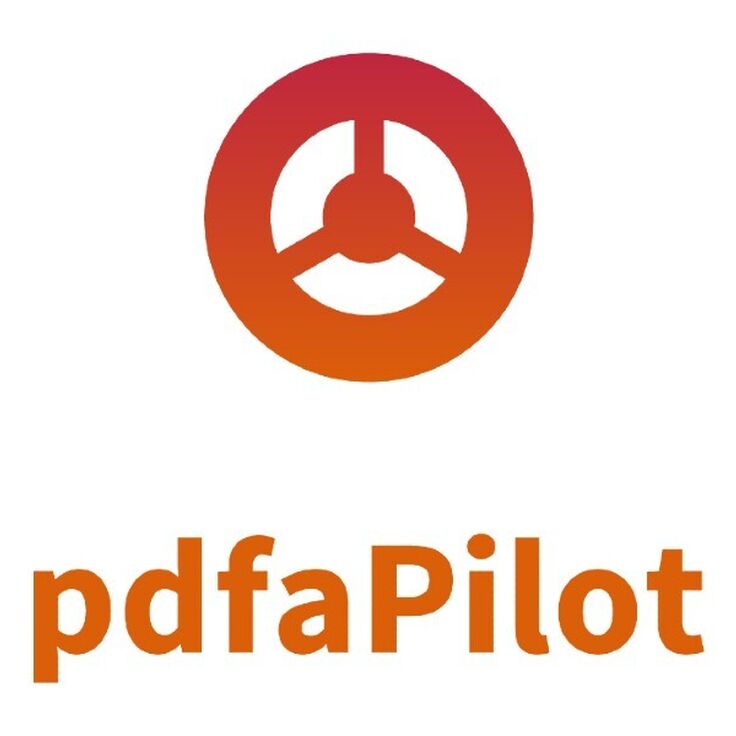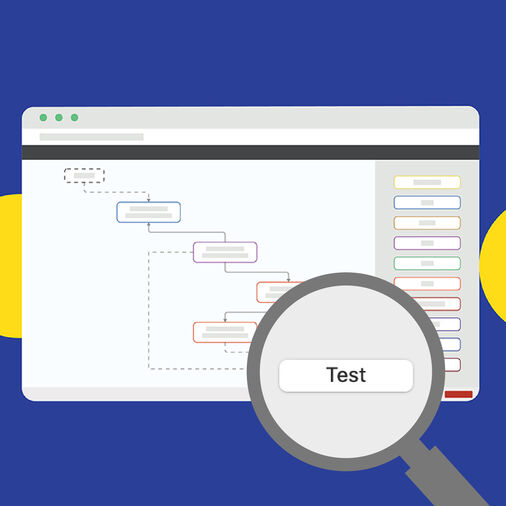We already discussed our 'next big thing' at the VIP Event 2018: the License Server. But what led to this idea, what are the building blocks, how can it help you or how can you retrieve information about the current status of the License Server? Let me answer these questions in this blog post.
After a lot of support inquiries, conversations with our partners and internal discussions, we wanted to address the general issue of licensing, hence came the idea of callas License Server. pdfToolbox is very frequently used in elastic cloud environments where new instances of hardware are provided by environments like Amazon Web Service. As soon as a customers meets with certain requirements of processing, the AWS environment provides with a new hardware, which the customer can set up himself using Docker technologies. Our customers were then concerned with the question that they actually didn't know how many licenses of pdfToolbox do they need. Even if they did know the answer to this, activation of pdfToolbox was a bugbear as in pdfToolbox is always activated bound to the hardware (activation based licensing). This led to the origination of callas License Server, server based licensing.
Most of you would agree that the hype around blockchain is massive. Now I am not sure if blockchain is solving income inequality or making all data secure forever but it's definitely a 'block' of our License Server. The blockchain is a simple way of passing information from A to B in a fully automated and safe manner. One party to a transaction initiates the process by creating a block. The verified block is added to a chain, which is stored creating a unique record. Transactions could mean cryptocurrencies, medical information, voting or home records, or in our case, License Server transactions. All transactions of the license server are stored in a local block chain. The block chain consists of individual entries which contain information about a transaction which is secured by a hash value. The hash value of each entry is built from the hash value of the previous entry and the data of the current entry. All hash values of the block chain are checked during startup of the license server. If a hash value is invalid, an error message is emitted and the license server refuses to start. Sounds like callas is a part of 'Internet 3.0' now. So let's talk about 'failover', shall we? A single Licence Server offers no fail over handling. But callas License Server can be activated on multiple computers in order to be prepared for failover, something deemed very important by us.
callas License Server itself is a piece of software that needs to be installed and activated first. Once you have successfully activated that, you dont need to activate pdfToolbox. Instead, you can just run pdfToolbox in the command line with the IP number of the License Server. The License Server then checks the state of pdfToolbox, that is, whether it is permitted to run or not. Important to mention here is that it is not just limited to pdfToolbox, but also callas pdfaPilot and callas pdfChip (coming at a later stage). But how would you brief the License Server whether a new pdfToolbox instance is allowed to run or not? For that purpose callas License Server uses, what we call 'cartridges' (Process Cartridges which enable you to run one callas process, processing one file at a time and/or Credit Cartridges which provide access to processing time, regardless of the number of parallel processes and/or (virtual) machines).
I will end this blog with a good news that callas License Server is now available. Do check it out and thank us later ;)
